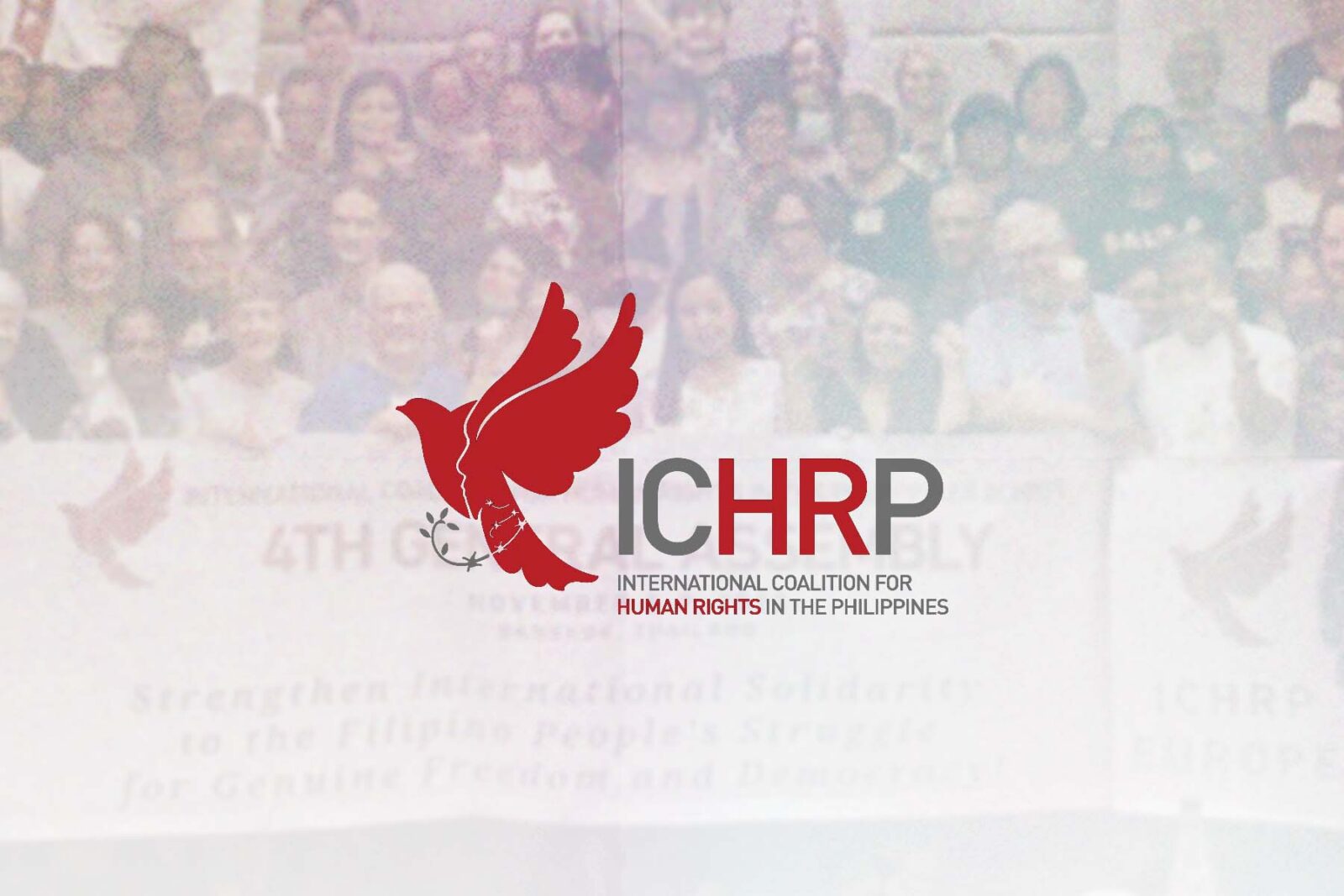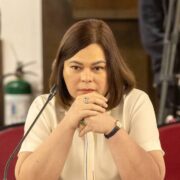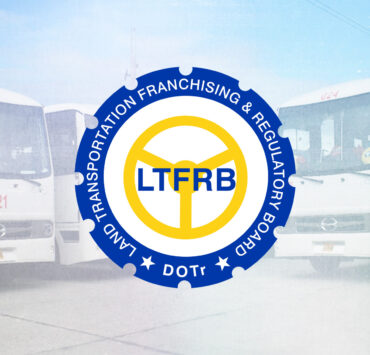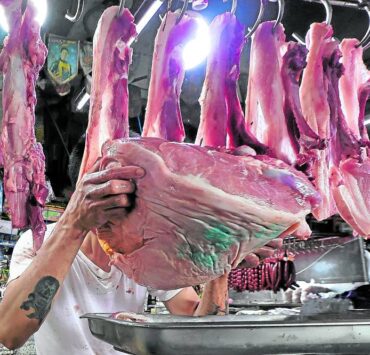Rights watchdog slams online ‘dirty tactics’ vs drug war victims’ kin

The International Coalition for Human Rights in the Philippines (ICHRP) on Wednesday condemned online threats and harassment reportedly experienced by families of drug war victims, which it said were “clearly funded” by the camp of former President Rodrigo Duterte to serve as a “distraction” from his case in the International Criminal Court (ICC).
In a statement, ICHRP cited an increase in online vitriol against those speaking out about the extrajudicial killings (EJKs) committed under Duterte’s war on drugs.
It noted that Duterte’s supporters also used paid ads to spread propaganda.
“The Duterte camp, in desperation, has resorted to dirty tactics to try to derail the proceedings and divert the people’s attention from the real issue, which is accountability,” ICHRP said.
The 80-year-old Duterte was arrested on March 11 in Manila and handed over to ICC custody in The Hague, The Netherland, where he faces the charge of murder as a crime against humanity
Following his arrest, Rise Up for Life and for Rights, a group made up of the victims’ families, noted a “sharp spike” in online hate speech, threats and harassment, which it attributed to a “Duterte ‘hate’ network.”
Rise Up said the “misleading and downright false information” flooding the internet were meant to “magnify support” for the former president. The threats present “another compelling reason” for Duterte to be denied an interim release, it said.
Political tool
ICHRP said the online hate speech was “clearly funded and supported by the Duterte camp in an attempt to silence and intimidate the victims to not testify as witnesses or cooperate with the ICC.”
Citing reports from data forensics company The Nerve, ICHRP said networks of Duterte supporters were found to have used paid ads in Facebook to “manipulate” online discourse regarding the arrest of the former president, with some ads having a budget that ranged from P1,000 to P1,499.
The Duterte supporters “embedded political propaganda” in entertainment communities and fan pages, and used vloggers to amplify their content, “turning social media into a political tool,” ICHRP said.
“Among the false narratives promoted were claims of unfair treatment of Duterte during his arrest and targeted online attacks on victims’ families, their legal counsels, and those supportive of the movement for justice,” it added.
The victim card
The rights group said “Duterte is trying to sway public opinion by playing the victim card, when in fact he was the mastermind of a brutal and bloody war on the poor that claimed 30,000 lives under his presidency.”
The group called on the international community to show its support for the families of drug war victims through statements or mobilizations condemning the online harassment and sharing stories that highlight the violations committed against the victims.
It also joined calls to deny Duterte an interim release “to ensure the safety of the victims and to prevent him from interfering with the investigation.”
“We must not allow this re-victimization of the families and survivors who have been at the forefront of the movement for justice. We must continue to stand behind them, provide any support possible, and demand justice for the thousands of victims of Duterte’s war on the poor and dissent,” ICHRP said.

















